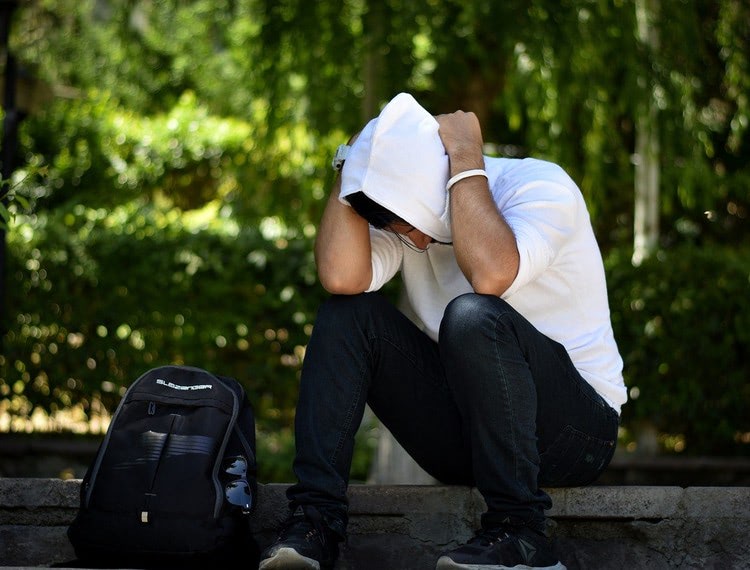GCSEs: Academic stress is the number one cause of mental health distress, a survey of young people has found

As young people anxiously await their GSCE results today, new research published by youth mental health charity stem4 (@stem4org) finds that academic stress is now the number one cause of mental health distress.
Of the 1,000 young people surveyed, six in ten (59%) 13 to17 year-olds say they are experiencing mental health difficulties, such as anxiety, low mood, eating disorders and self-harming behaviours. More than half (53%) now say that academic stress is having a greater negative impact on their mental health than loneliness (49%) or uncertainty about their future (44%).
The survey asked young people what they aspired to most in the future. 70%, say they just want to be healthy and happy and to have a stable job (56%). Only 27% say they want to make a lot of money, although as many 42% described lack of confidence or fear of failure as a barrier to success.
Dr Nihara Krause, Consultant Clinical Psychologist, founder of stem4, said:
“Young people feel under increasing pressure to do well academically, particularly after the disruption to their learning by the pandemic, but fear of failure, combined with lack of confidence, is often holding them back. The confidence of young people who have received exam grades this year hasn’t been helped by many feeling discredited of their achievement, by dismissive, public discussion about disproportionately high national grades. We need to support the achievements of young people, encouraging them to believe they have earned their marks, that teachers are fair assessors of ability and that they should be proud of getting into the next stage of their development. It’s time we started to boost confidence and look at this pandemic impacted younger generation’s overall wellbeing rather than their academic attainment, which is divisive and only serves comparison of which school, class, or person is better than the other. Many studies have shown that children with higher wellbeing measures and confidence fare better academically.”
The research commissioned by stem4 also found that young people often lack the skills to look after their mental health. Only 33% of young people say they eat a healthy diet, and even fewer, 27%, get adequate sleep. Meanwhile just 23% say they are equipped to manage their negative thoughts, and less than half as many,10%, are able to manage negative stress.
The survey was carried out ahead of Youth Mental Health Day, an annual campaign launched by stem4 in 2020. The theme of this year’s campaign, taking place on 7th September, is #StrideForward, with a focus on building back confidence and positive mental health following the disruption caused by the pandemic.
Throughout the campaign, stem4 is providing interested UK schools, colleges and universities with information packs filled with ideas and activities to help young people rebuild their confidence, reinstate their ambitions, and go on to achieve their future goals. They will be encouraged to reflect on their feelings about the last year, express their future goals creatively (for example through music, art, or creative writing), and then take positive strides forward. On the 7th September itself, young people and adults alike will be invited to share their #StrideForward goals and messages on social media – joining in to form a collective voice for positive change.
About the research
*Survey of 1032 regionally representative young people (between the ages of 13 and 21) carried out by Survey Goo between 26th and 29th July 2021 in the UK.
** Survey of regionally representative teachers across the UK carried out by Survey Goo between 1st and 4th December 2020.
|
When thinking about the mental health difficulties you and friends may be experiencing right now, which of the following situations are having the biggest negative impact on you? |
|
|
Academic stress |
52.7% |
|
Loneliness |
49.5% |
|
Uncertainty about my future |
44.0% |
|
Family difficulties |
25.3% |
|
Impact of bullying |
24.0% |
|
Friendship and relationship issues |
19.2% |
|
Lack of access to expert mental health support and counselling in my school or community |
11.3% |
|
Health related issues |
11.0% |
|
LGBTQ+ related issues |
10.6% |
|
Confusing and negative reporting of the pandemic by government and the media |
9.9% |
|
Loss and bereavement |
7.8% |
|
Poverty |
6.6% |
|
Culture related issues (eg BAME) |
3.5% |
|
Technology related issues |
2.0% |












Responses